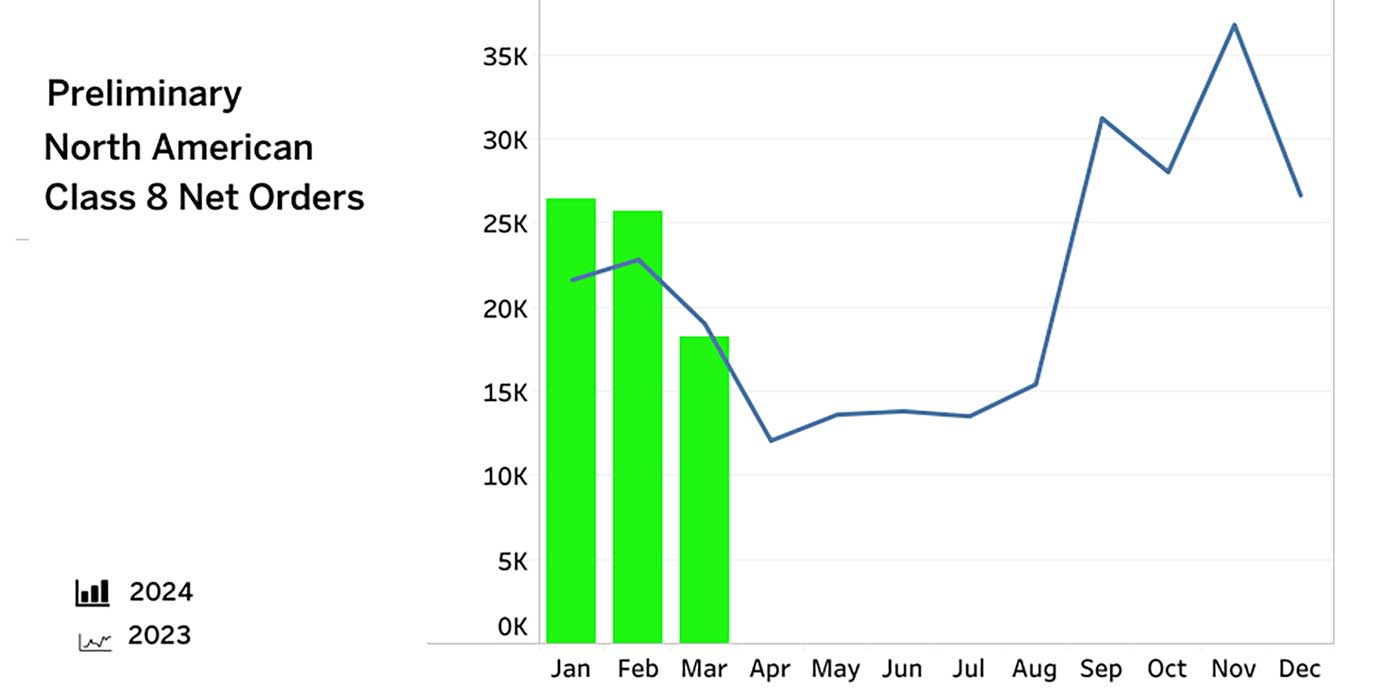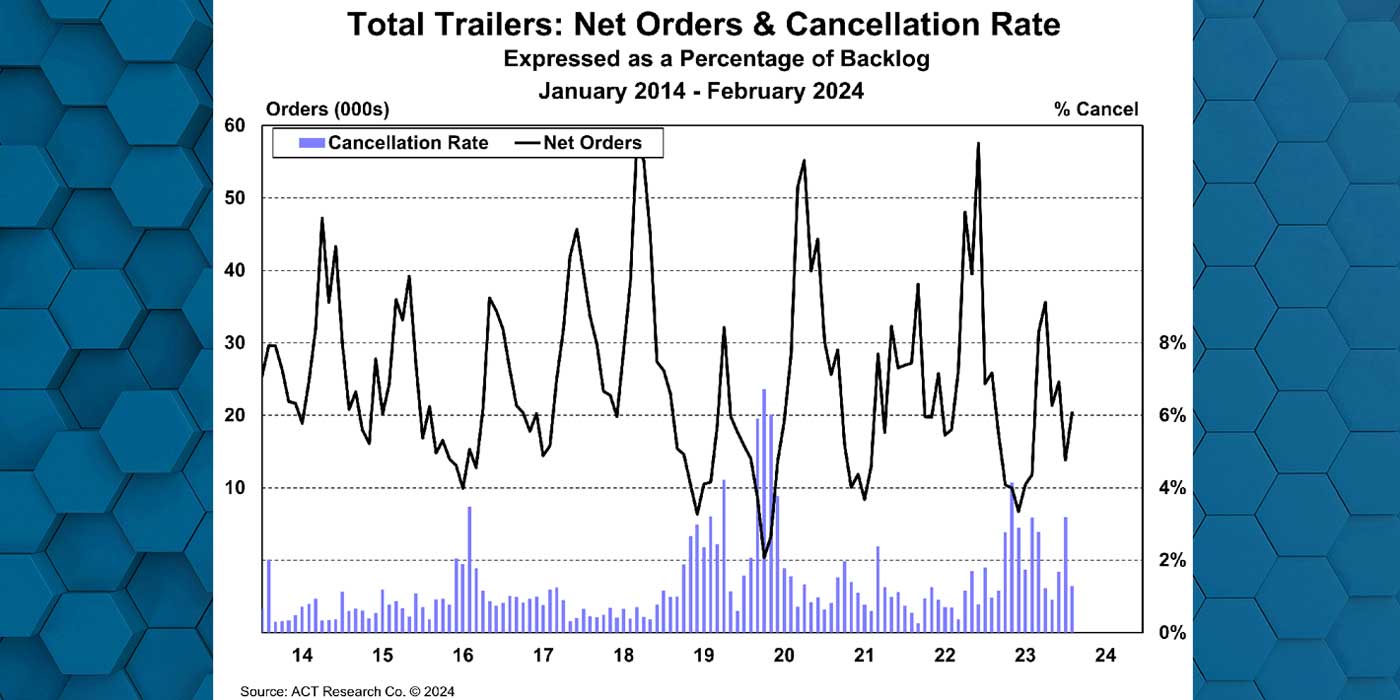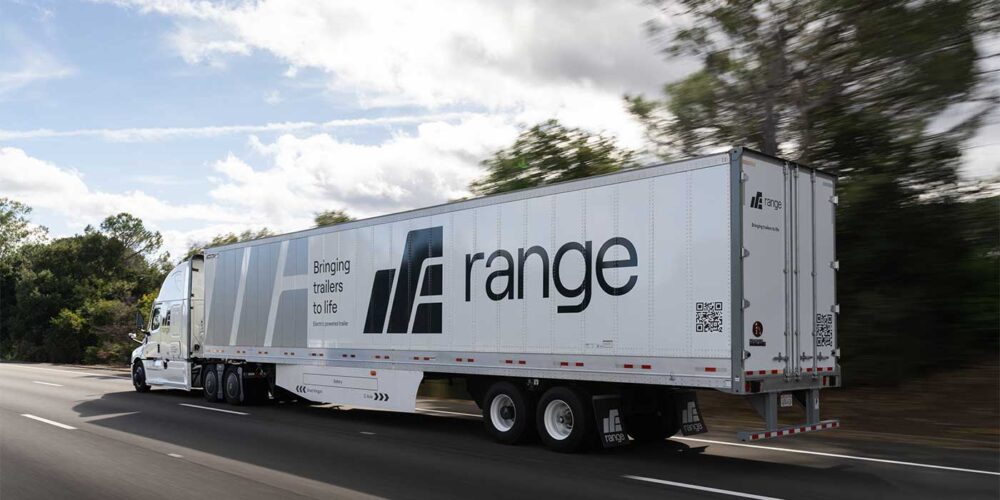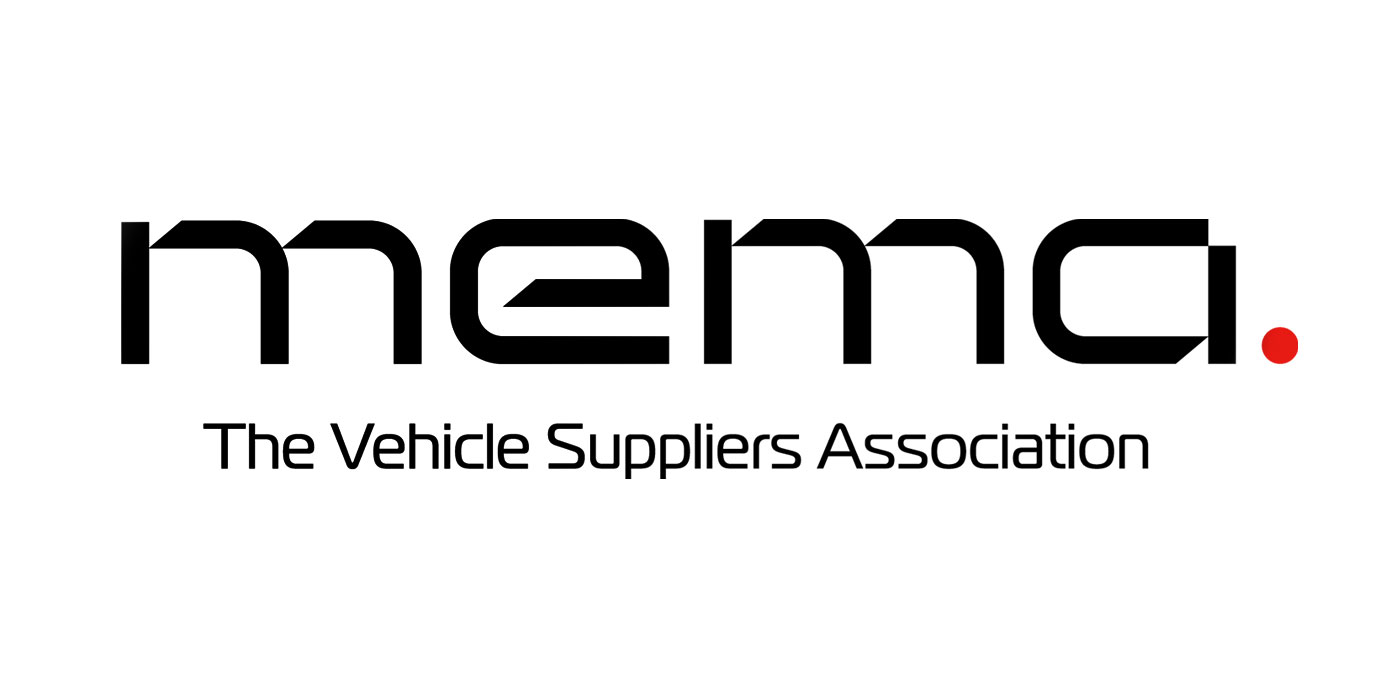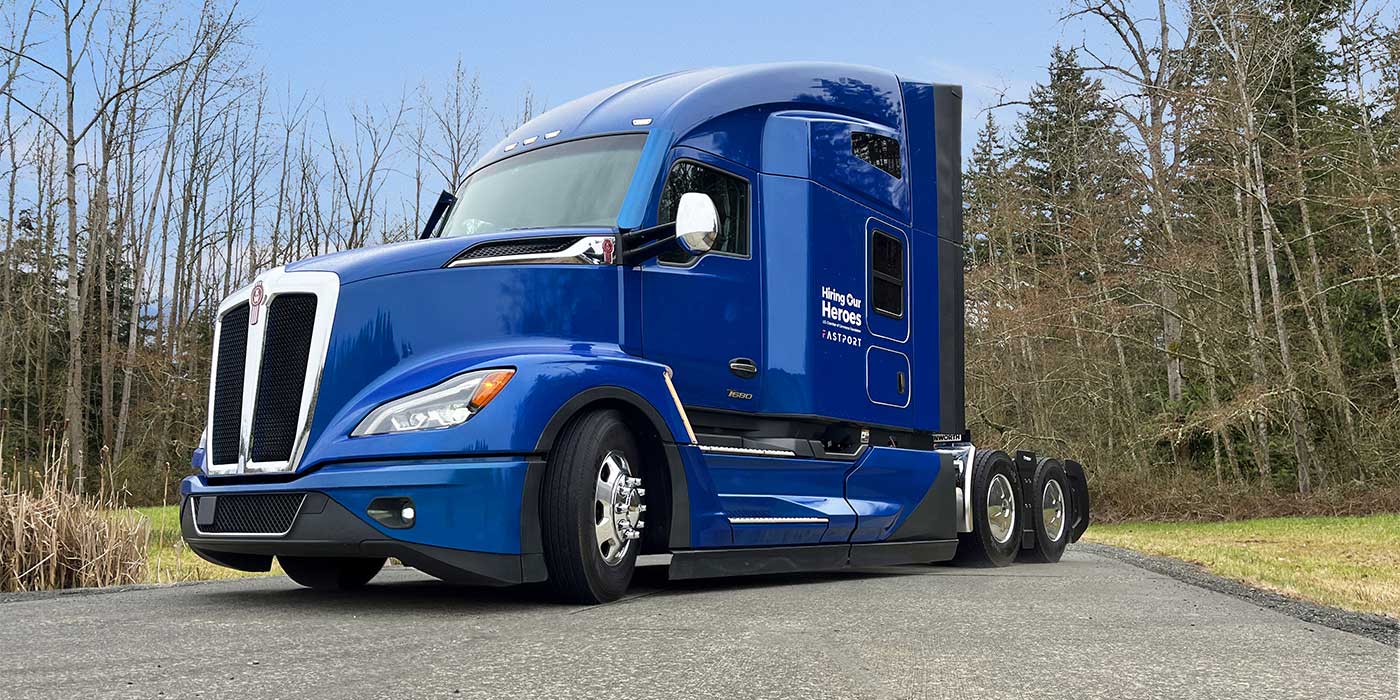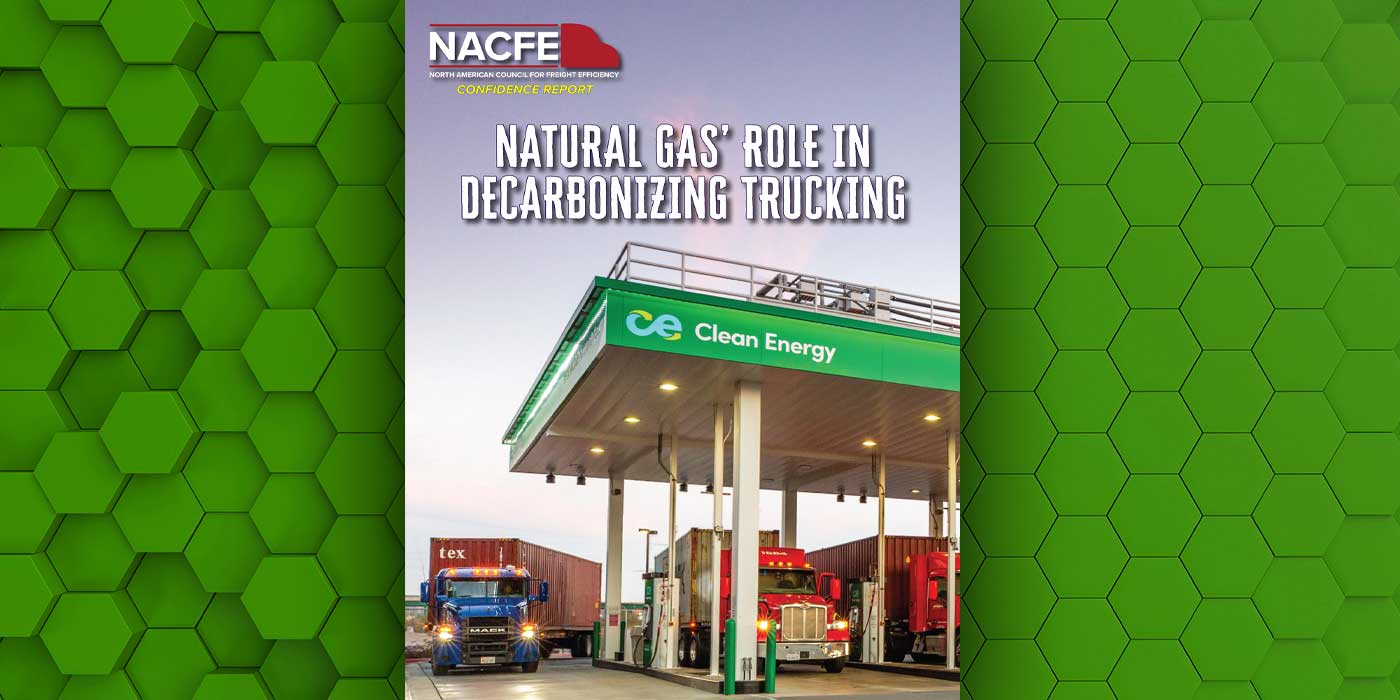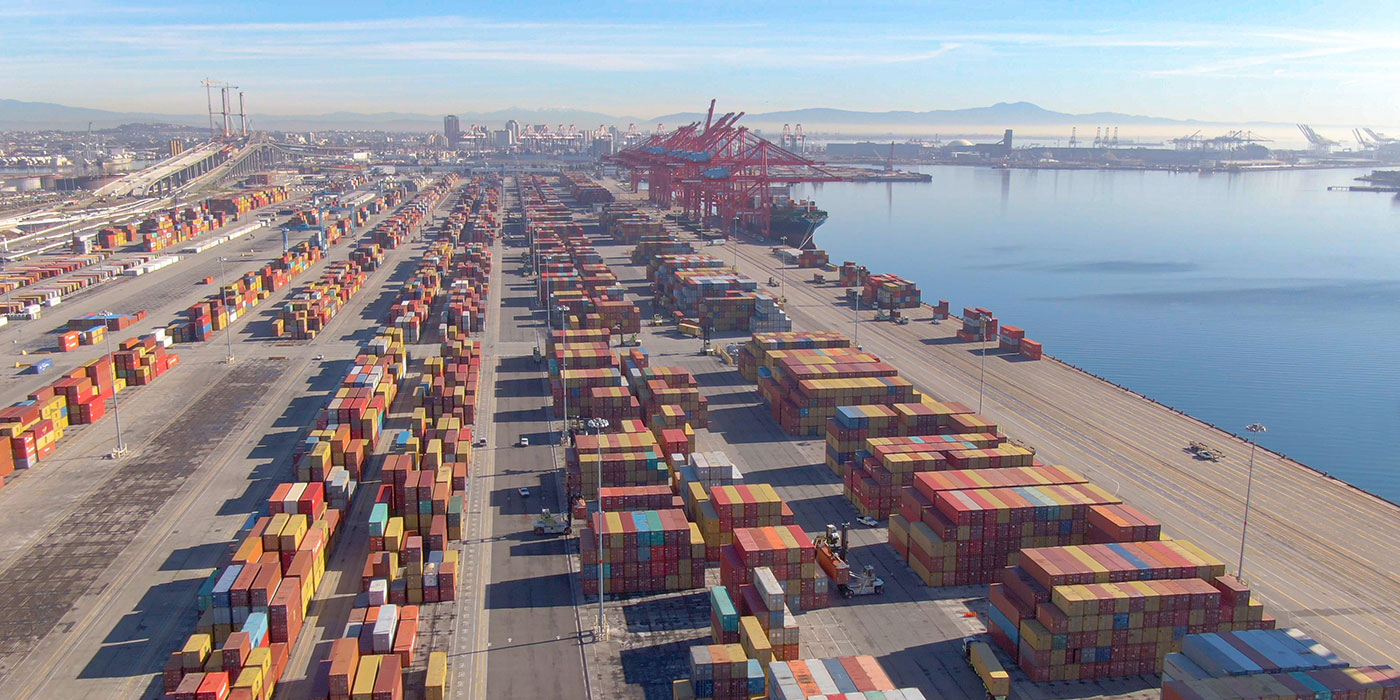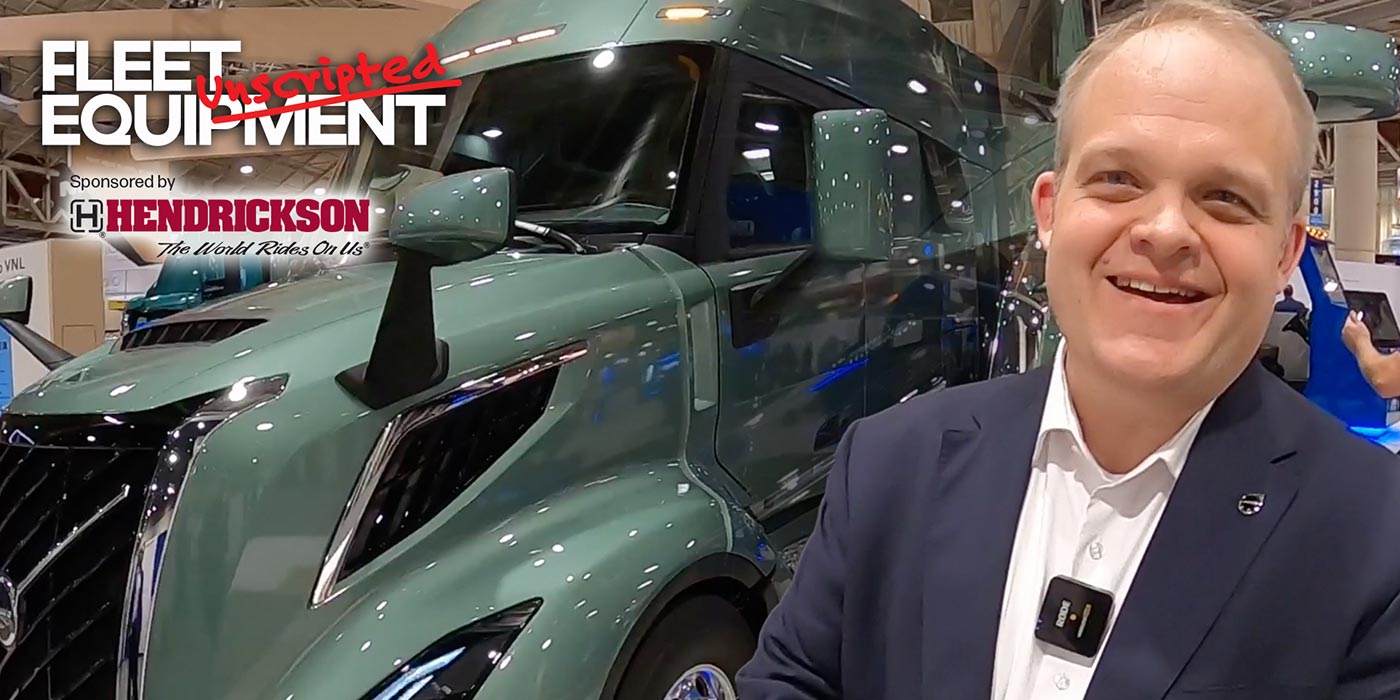FE caught up with Fleet Advantage to talk about the latest developments in the truck market, how electrification and emissions goals will affect truck lifecycles, and a few other topics at the TMC Fall Meeting in Cleveland in September. Below is our Q&A with Al Barner, senior vice president of business development at Fleet Advantage.
FE: So, the whole industry is facing supply chain issues that have led to slowed truck production. How does that affect Fleet Advantage’s usual recommendation for fleets to go with newer trucks and shorten their truck lifecycles?
Al Barner: We advocate to our clients to try to put together a 24- to 36-month replacement strategy. So, when you have the data available to you that shows you your costs for maintenance repair, your fuel consumption, things of that nature, you can start to put together an analysis to determine what the most appropriate truck lifecycle is.
If you can see by year, make and model what your maintenance and repair cost is, you can start to forecast what your replacement strategy should be moving forward. Fleet Advantage advocates for two things: one, making sure you understand that actual total lifecycle cost, and two, planning in advance to make sure that you don’t get caught short-handed if we do have any changes in the market. We’re also very big advocates of exiting out of equipment within that warranty period so that you get the best years of the truck’s life before you go beyond the ‘point of no return’ and start having significant expenses when it comes to aftertreatment systems and things of that nature. I would imagine that is going to only increase in the coming years.
FE: In coming years we will have increasing GHG regulations, plus a lot of fleets have decarbonization mandates from ownership, etc. I’d imagine that would increase the value of investing in these newer trucks and shortening the lifecycles of older ones.
Barner: Yes, we see a lot of very large fleets paying particular attention to environmental and social governance in regards to reducing emissions. Shortening a lifecycle and getting better fuel economy from new technology also plays into that. And we’ve got very good diesel technology that is improving year over year. The best way to comply with those mandates and the social governance requirements is to make sure that you have newer equipment, it’s properly maintained and you’re getting the best possible fuel economy.
I also see a lot of companies are now starting to focus on electric. However, we see that there will be a runway for diesel for many years to come.
FE: Has Fleet Advantage done any research into electric truck metrics the way you do with diesel?
Barner: Well, right now, there’s not a lot of metrics to run on it just because there are not a lot of trucks in the field. We do have people on staff who monitor that closely so that we know what that’s going to do as far as impacting our opportunity in the future. It’s hard right now to determine what those residuals will be. From a leasing perspective, we’ve not developed any type of a strategy as far as you know, for today.
As that becomes a little bit more mainstream, the availability of equipment along with some history of what the true life cycle will be, then we can start to develop a leasing program around it. But again, that’s probably not for a couple more years.
FE: That makes sense. There are really just not that many electric trucks out there right now.
Barner: We don’t know what the real lifecycle will be, what the true cost of ownership will be over that lifecycle, and, most importantly, what happens to the battery at the end of the lifecycle—whether we can downstream that to a different application or what happens from that point on.
FE: What else is Fleet Advantage looking at in the marketplace right now?
Barner: We have new CARB regulations that are going to be implemented in 2024 or sometime shortly after if there’s any extension. So we pay particular attention to that and just want to we’re very in tune to what’s occurring with diesel technology.
Again, we think that there’s a pretty long runway here for that technology to continue to be viable. It’s getting better and better every year; fuel economy is improving. The OEMs are still focused on manufacturing that type of product. It’s exciting to see.



